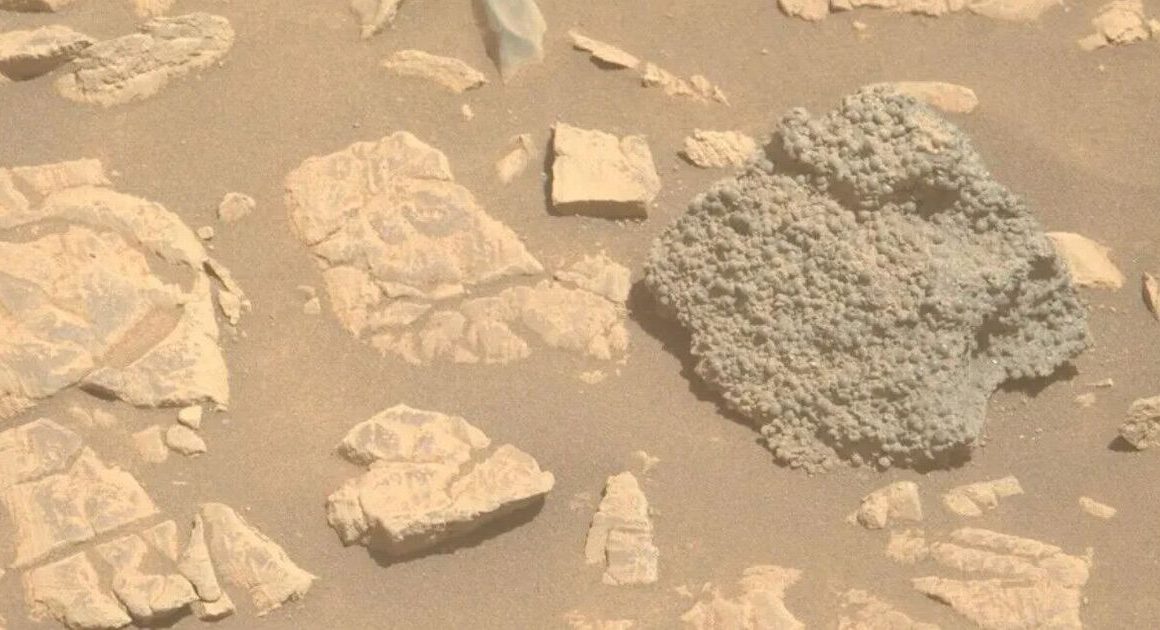More than 2,000 soldiers and 500 police officers surrounded a populous neighbourhood on the outskirts of El Salvador’s capital on Monday in an effort to quash the remnants of gangs the president said were trying to set up shop in the area.
“There is a group of gang members in hiding. We have established a security fence throughout the neighborhood … to extract every last gang member in the area,” wrote Salvadoran President Nayib Bukele in a post on X.
Police surrounded the San Marcos neighbourhood with a military fence, setting up checkpoints to prevent gang members from escaping, said Defence Minister René Francis Merino Monroy.
The fence was the third of its kind to be installed in parts of San Salvador intended to find and arrest gang members still operating in the country. In March, Bukele ordered similar barricades to be put up in a northern part of the country, which he said was to dismantle a faction of the Barrio 18 gang.
The blockade is the latest in the populist leader’s war on gangs, announced by Bukele following a surge of violence in March 2022.
Crackdown has fuelled human rights criticism
Bukele’s government called for a “state of emergency” and waived constitutional rights to arrest more than one per cent of El Salvador’s population with little evidence. The crackdown has fuelled sharp criticism from human rights groups, raising alarm about prison conditions and saying many of those arrested were innocent or only had loose ties to gangs.
Other measures he’s taken — like seeking re-election despite a constitutional ban of presidents serving two consecutive terms — have raised democracy-related alarms.
But the war on gangs also dealt a strong blow to the Barrio 18 and MS-13 gangs that have long sowed terror in much of the country, extorting money, murdering those who didn’t pay, and trafficking drugs.
The measures resulted in a sharp dip in homicides and spurred a populist fervour for Bukele.
Despite effectively declaring victory in his war, the president has continued to extend the “state of emergency” for over two years now, claiming that such measures are needed to take out the remains of El Salvador’s gangs.











